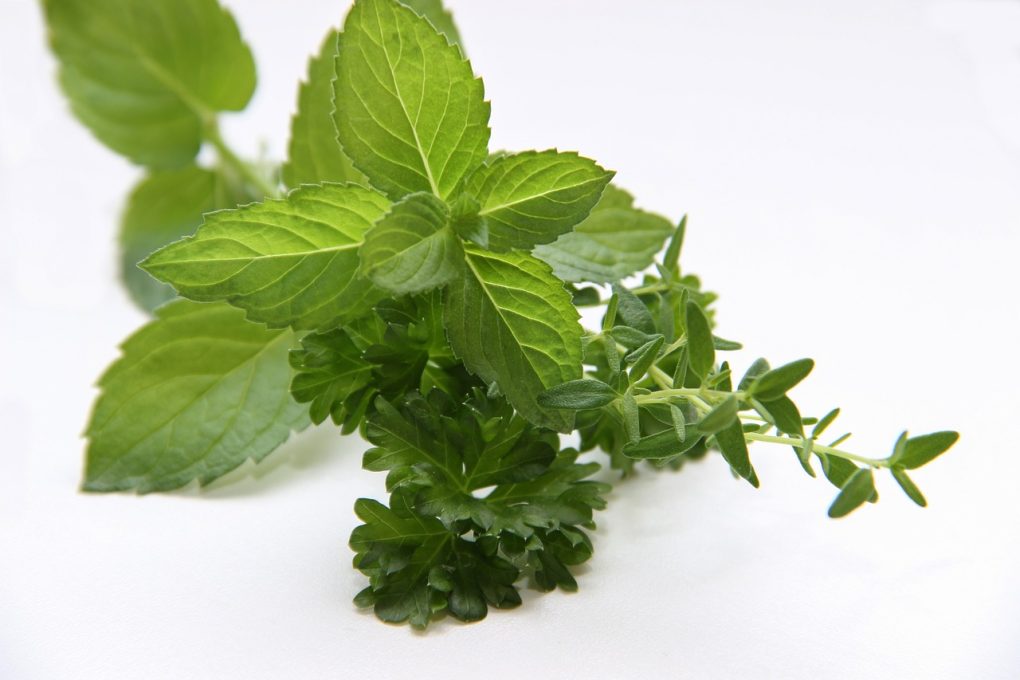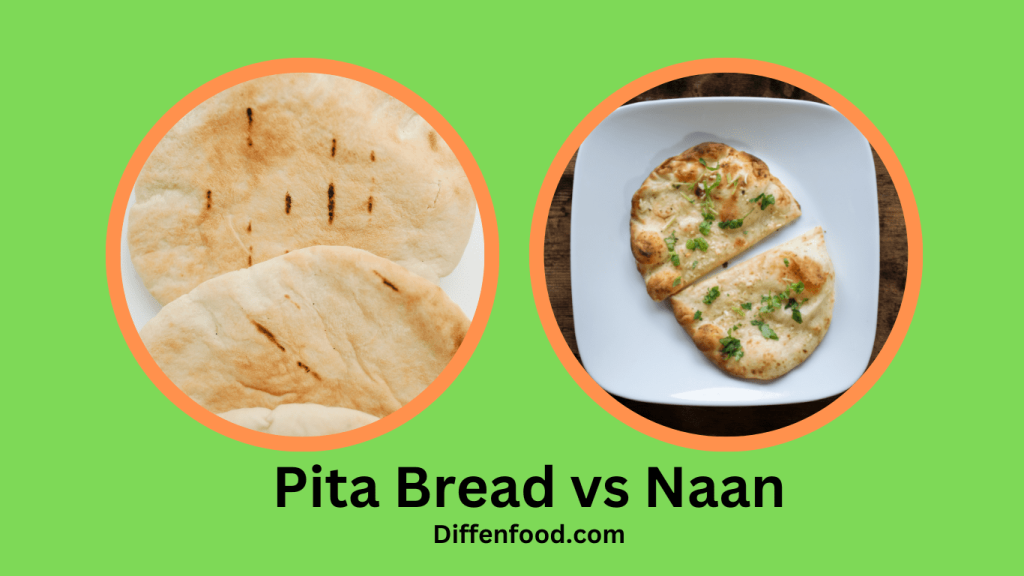
Are you confused between smoothies and juices?
Do you think they are the same thing?
Well, they are not!
Both smoothies and juices are delicious and healthy drinks, but they are quite different from each other. In this blog post, we will explain the key differences between smoothies and juices, so you can choose the right drink for yourself.
Smoothies and juices are both healthy drinks that are enjoyed by people all around the world. They are made with different ingredients and have different nutritional benefits.
Smoothies are thicker and creamier than juices because they are made by blending whole fruits and vegetables.
And juices are made by extracting the liquid from fruits and vegetables using a juicer.
Difference in Ingredients

Smoothies are typically made with whole fruits and vegetables, such as bananas, berries, spinach, kale, and avocados. Other ingredients such as yogurt, milk, and protein powder can also be added to smoothies to increase their nutritional value. Smoothies are typically thicker and creamier than juices because the whole fruits and vegetables are blended together.
Juices are made by extracting the liquid from fruits and vegetables using a juicer. They are typically made with fruits and vegetables that are rich in water, such as oranges, cucumbers, watermelons, and celery. So Juices are thinner and smoother than smoothies because the pulp and fiber are removed during the juicing process.
Difference in Nutritional Value
Smoothies are a great way to get your daily dose of vitamins and nutrients. They are high in fiber, which helps to promote digestion and regulate blood sugar levels. Smoothies are also a good source of protein, which is essential for muscle growth and repair. Additionally, smoothies are a great way to incorporate healthy fats into your diet, as they can be made with avocados, nuts, and seeds.
Juices are also a great way to get your daily dose of vitamins and nutrients. They are high in antioxidants, which help to protect your cells from damage caused by free radicals. Juices are also a good source of vitamins and minerals, such as vitamin C, vitamin A, and potassium. However, because the fiber and pulp are removed during the juicing process, juices are not as filling as smoothies.
Smoothie vs Juice: Digestion

Smoothies are easy to digest because the fiber is blended together with the rest of the ingredients. This means that the nutrients are released slowly into the bloodstream, which helps to regulate blood sugar levels and prevent spikes and crashes. Additionally, the fiber in smoothies helps to promote digestion and prevent constipation.
Juices are also easy to digest, but because the fiber is removed during the juicing process, the nutrients are absorbed more quickly into the bloodstream. This can cause a spike in blood sugar levels, which can lead to energy crashes and hunger pangs. Additionally, the lack of fiber in juices can lead to digestive issues, such as constipation.
Difference in Calories
Smoothies can be high in calories, especially if they are made with ingredients such as nut butters, sweetened yogurt, or honey.
However, smoothies can also be low in calories if they are made with mostly fruits and vegetables. It all depends on the ingredients used. On average, a 12-ounce smoothie can contain anywhere from 150 to 400 calories.
Juices, on the other hand, are typically lower in calories than smoothies. This is because the juicing process removes the pulp and fiber, which can reduce the calorie content. On average, an 8-ounce juice contains around 100 calories.
Difference in Sugar Content
Smoothies can be high in sugar, especially if they are made with sweetened yogurt, fruit juice, or added sweeteners. However, smoothies made with whole fruits and vegetables are generally lower in sugar because the natural sugars are balanced out by the fiber and other nutrients. It’s important to pay attention to the sugar content of your smoothies and choose ingredients that are low in sugar.
Juices can also be high in sugar, especially if they are made with mostly fruit. Fruit contains natural sugars, which can add up quickly if you are drinking a lot of juice. It’s important to choose juices that are made with mostly vegetables or to dilute fruit juices with water.
Smoothie vs Juice: Satiety
Smoothies are generally more filling than juices because they contain fiber, which helps to keep you feeling full and satisfied. This can be especially helpful if you are using a smoothie as a meal replacement or snack.
Juices are less filling than smoothies because they lack fiber. This can make it more difficult to use juice as a meal replacement or snack, as you may feel hungry again soon after drinking it.
Difference in Convenience
Smoothies can be more time-consuming to make than juices because they require a blender and often involve more ingredients. However, smoothies can be made in advance and stored in the refrigerator for later use. This can be helpful if you are short on time in the morning but still want a healthy breakfast.
Juices are generally faster to make than smoothies because they require less prep work. However, juices are best consumed immediately after juicing to preserve the nutrients and prevent spoilage.
Smoothie vs Juice: Cost
Smoothies can be more expensive than juices because they often require more ingredients, including fresh produce and protein powder. However, if you make smoothies at home, you can save money compared to buying them at a smoothie shop.
Juices can be less expensive than smoothies because they require fewer ingredients. However, if you buy juices from a juice bar or store, they can be quite pricey. Making your own juice at home can be a cost-effective way to enjoy this healthy drink.
Conclusion
| Smoothies | Juices |
|---|---|
| Made with whole fruits and vegetables | Made by extracting the liquid from fruits and vegetables |
| Thicker and creamier texture | Thinner and smoother texture |
| Higher in fiber and protein | Lower in fiber and protein |
| More filling and satisfying | Less filling |
| Can be higher in calories | Lower in calories |
| Nutrient content may depend on ingredients used | Higher in antioxidants |
| Can provide sustained energy | May cause a spike in blood sugar levels |
In conclusion, smoothies and juices are both healthy drinks that can provide a variety of nutrients. The choice between smoothies and juices comes down to personal preference and nutritional goals.





